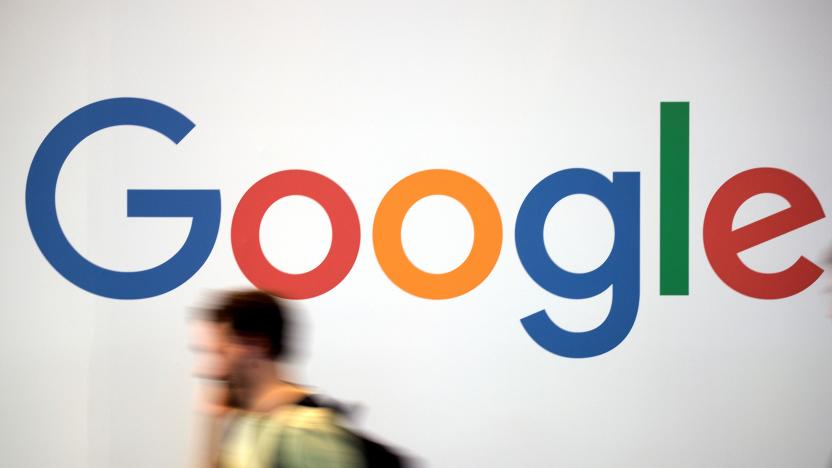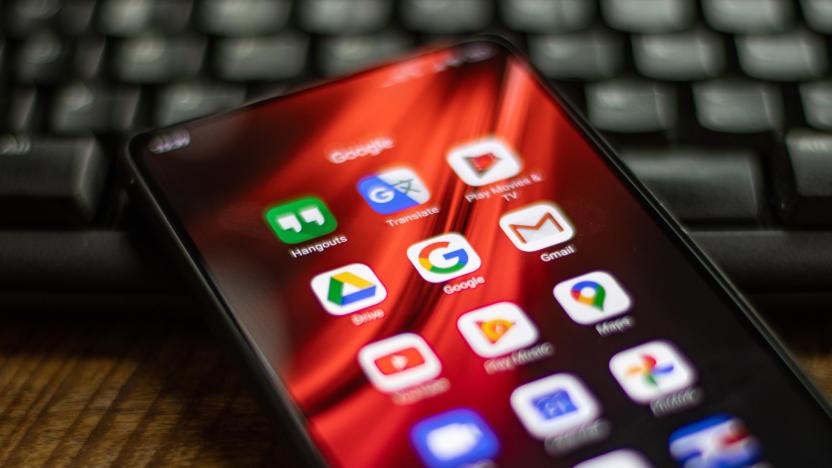online ads
Latest

Google to adapt its ad technology after France hands it a $267 million fine
Google has agreed to pay a $267 million fine and change its ad practices after France found it had abused its dominant online ad position.

Online advertisers take on Google with their own third-party cookie alternative
Online advertisers have come up with their own ad tracking alternative to Google's FLoC.

Google is policing itself on privacy because it knows it has to
Google announced in January 2020 that it planned to make third-party cookies obsolete over the course of two years, and now the company has confirmed it won’t just substitute in a new tracker or identifier that can follow people across the internet. That doesn’t mean personalized ad tracking is going away, but it will be more anonymized.

Microsoft takes $6.2 billion of lumps on fizzled aQuantive online ad acquisition
Among all the Windows 8, WP8 and Surface excitement of late, Redmond has also dropped a chunk of less shiny happy news: its online services division is taking a goodwill writeoff of $6.2 billion as a result of its ill-fated aQuantive acquisition in 2007. Not coincidentally, that's almost exactly what it paid for the company, which it brought in to create pre-Bing online ad revenue -- back when Mountain View was eating even more of its lunch in search. The software giant said that aQuantive didn't "accelerate growth" as much as intended, although it added that it still provides assets for its internet advertising activities. With the advent of tablets and smartphones since then, it seems unlikely we'll see any of its now-quaint tech -- like shopping cart-mounted computers -- again.

Study finds people think giant, annoying targeted ads are pretty uncool sometimes
A recent marketing research study conducted by Avi Goldfarb of the University of Toronto and Catherine Tucker of MIT reveals a few things about online advertisements that might not come as a huge surprise to you if you work on the internet. First off: targeted online advertisements -- a gaming site with ads about Fable 3, for example -- really work. The content being "targeted" in any intelligent manner gets fingers clicking all over the place, whether in the form of a banner or plain text Google AdSense-style. Secondly, obtrusive ads that do crazy things such as make noise, play music, or roll over the page when moused over, are also extremely effective -- far more so than standard banner ads. Where the research hit some problems, however, was when an ad was both targeted and obtrusive. In that case? Well, people get a bit creeped out and the ads effectiveness falls pretty dramatically. Why? Well, the answer isn't readily available, but we're not really shocked to hear that insane popup ads related to whatever people are browsing on the 'net aren't that well received: we never liked them very much ourselves.

Google study finds online spots to be as effective as TV ads
While we can't argue that HD spots are entirely more enjoyable to view than their SD counterparts, a new survey commissioned by Google takes a look at the viability of advertising in online programming. Given that content on the 'net is growing substantially and more and more users are turning to the web browser to get their TV fix, Google found that online video advertisements compared "very favorably with traditional TV commercials." The research honed in on 30-second spots shown on traditional TV, YouTube and embedded within an online viewer, and according to Marianne Foley, senior vice president of strategic initiatives at Harris Interactive (who collected the data), the end result is that "nothing is lost and much can be gained" by running commercials online. Of course, online ads have the advantage of being forced upon viewers, whereas DVR owners can skip around if they're okay with viewing timeshifted material. Peep the results in full in the read link below.[Via NewTeeVee]



